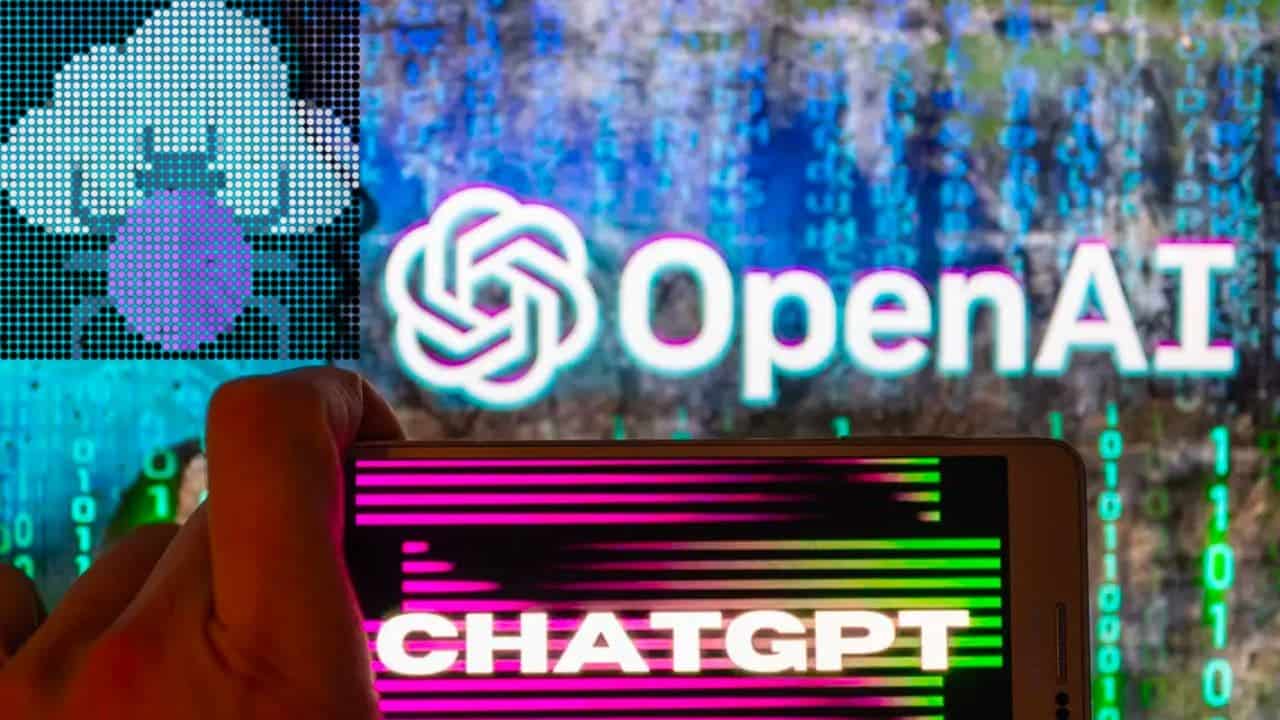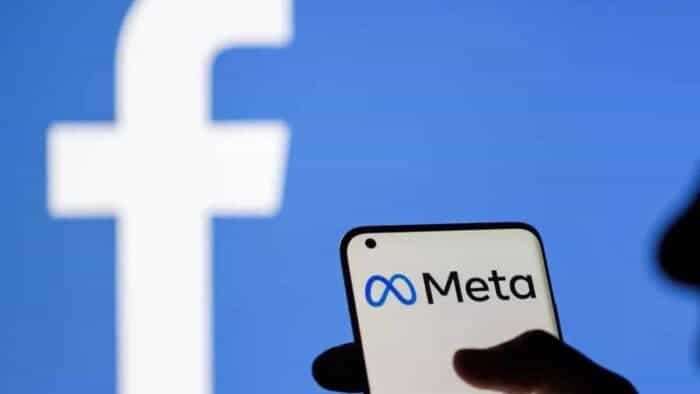Meta, the Californian company formerly known as Facebook, plans to launch its ChatGPT alternative by the end of this year. The firm aims to use AI for advertising, which still represents the bulk of its income, and the metaverse. Despite a moratorium proposed by several researchers and tech leaders, including Elon Musk, Meta’s technical director, Andrew Bosworth, said he was opposed to the suspension of AI-related work. Meta intends to commercialize its generative AI before December 2023, and has set up a new organization exclusively focused on AI, responsible for designing “creative and expressive” tools for the group’s platforms.
Meta to Launch ChatGPT Alternative by the End of the Year

According to Bosworth, generative AI is likely to play a major role in advertising, which remains Meta’s core business. This technology could improve the effectiveness of an advertisement. With AI able to generate a wide range of images to reach different audiences. Instead of betting on a single photo in an ad campaign, the advertiser could bet on a myriad of visuals without increasing costs. Using AI, Meta likely hopes to boost online advertising on Facebook and Instagram. Which still accounts for 97.5% of its total revenue.
AI is also expected to play a role in the metaverse, with Mark Zuckerberg’s group aiming to use artificial intelligence to bring it to life. Supported by AI, any Internet user could be able to generate a digital space in virtual or augmented reality, just by providing a description. Nvidia has also developed an AI capable of “populating virtual worlds with 3D objects and characters”. The tool can produce realistic digital assets, with quality textures, in seconds using the computing power of a single GPU.
Despite user feedback and shareholder criticism, Meta has not completely buried its metaverse dream. Under the impetus of its founder, the Californian giant hopes to use its investments in AI to realize its previous ambitions.
Could Meta compete with ChatGPT?

Meta, formerly known as Facebook, is a social media giant with over 3 billion monthly active users. The company has recently announced its entry into the world of artificial intelligence with the development of its own AI platform. The question is: could Meta’s AI compete with ChatGPT?
Firstly, it’s important to understand what ChatGPT is. ChatGPT is a large language model developed by OpenAI, which is capable of generating human-like responses to text-based queries. It has been trained on a massive amount of data and uses deep learning algorithms to understand and generate responses.
On the other hand, Meta’s AI platform is still in its early stages of development. It is designed to help users interact with the company’s products and services in a more natural way. For instance, users could ask the AI platform to schedule a meeting or order food from a restaurant.
However, it’s important to note that Meta did not specifically design its AI platform to generate human-like responses to queries like ChatGPT. Instead, Meta’s AI platform is more focused on providing users with a personalized experience that tailors to their interests and preferences.
So, could Meta’s AI compete with ChatGPT? The answer is no, at least not in the same field. The designers created ChatGPT to generate human-like responses to text-based queries. Whereas Meta’s AI platform is more focused on providing a personalized experience for users.
However, Meta’s AI platform still has areas where it could prove useful. For instance, it could provide personalized recommendations to users based on their interests and preferences.
Meta’s AI platform could also improve the company’s existing products and services. For instance, it could develop more efficient algorithms for content moderation. Or to improve the accuracy of targeted advertising.
At the end of the day, it’s important to remember that AI is not a zero-sum game. There is room for multiple AI platforms to coexist and complement each other. ChatGPT and Meta’s AI platform may have different strengths and weaknesses. But they can both be useful in their own ways.
In conclusion, while Meta’s AI platform may not be able to compete with ChatGPT in the same field, it still has the potential to be a valuable addition to the world of artificial intelligence. As the technology continues to evolve, we can expect to see more companies developing their own AI platforms, each with their own unique strengths and weaknesses.
What a ChatGPT competitor should be like?
If you’re looking to create a competitor to ChatGPT, here are some things you may want to consider including:
- Large-scale training data: ChatGPT’s strength lies in its ability to understand and generate natural language. To compete, you’ll need to amass a large corpus of diverse text data to train your model.
- State-of-the-art architecture: ChatGPT is based on the GPT-3.5 architecture, which uses a transformer model. To be competitive, you’ll need to use a similarly advanced architecture that can handle a large amount of training data.
- High accuracy: ChatGPT is known for its high accuracy and ability to generate coherent responses. To compete, your model will need to match or exceed ChatGPT’s performance in these areas.
- Multilingual support: ChatGPT can understand and generate responses in multiple languages, which is a significant advantage. To compete, you’ll need to incorporate multilingual support into your model.
- Personalization: ChatGPT can learn from user interactions to personalize responses, which makes for a more engaging user experience. To compete, your model will need to incorporate similar personalized learning capabilities.
- Integration with other platforms: ChatGPT can be integrated with a wide range of platforms, such as messaging apps and voice assistants. To compete, you’ll need to ensure that your model can be integrated with similar platforms.
- Continuous learning: ChatGPT can continue to learn and improve over time, which is essential for staying competitive. To compete, your model will need to incorporate similar mechanisms for continuous learning and improvement.
- Privacy and security: ChatGPT uses advanced encryption and other security measures to protect user data. To compete, you’ll need to ensure that your model adheres to similar privacy and security standards.
- Scalability: ChatGPT is designed to handle a large volume of users and requests. To compete, your model will need to be similarly scalable and able to handle high volumes of traffic.
- Speed and efficiency: ChatGPT can generate responses quickly and efficiently, which is crucial for providing a seamless user experience. To compete, your model will need to be similarly fast and efficient.





